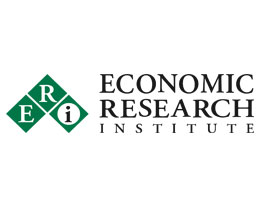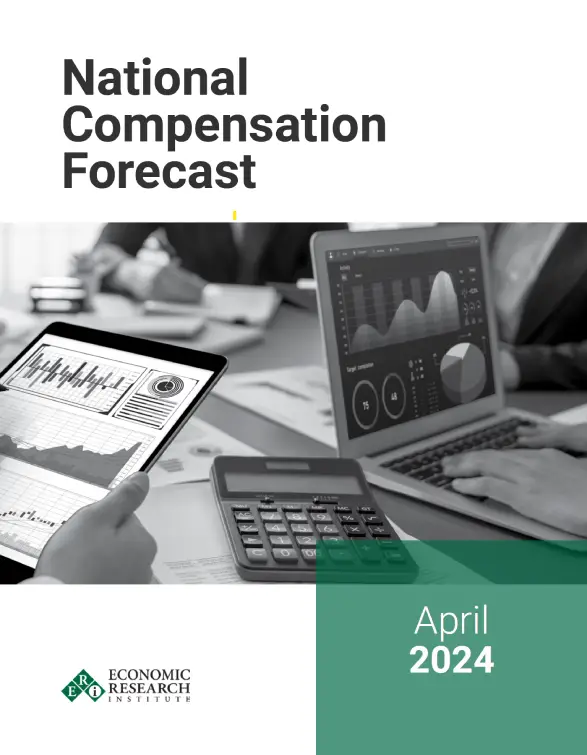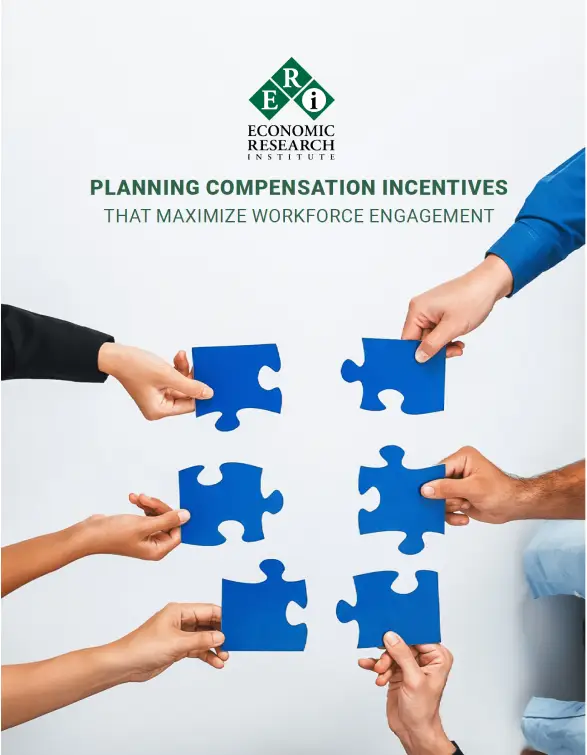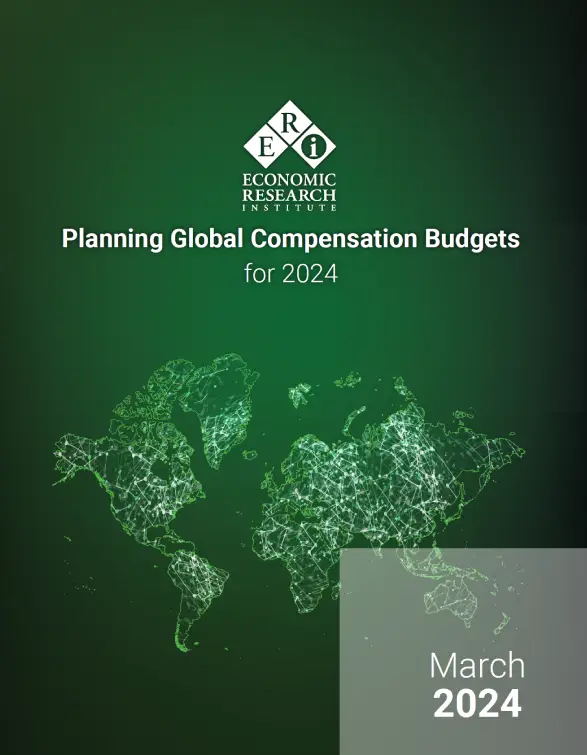The IRS Forms 990 filed annually by nonprofits can provide valuable information about these organizations, including pay for their executives, fundraising expenses, and names of board members, as well as services offered, and they are available to the public. The problem is the way that the IRS makes the data available – only in an image format, so that users must type the needed data into a database before any analysis of multiple forms is possible. Even if the organizations submit their forms electronically, the IRS converts them to images before their release to the public. Currently watchdog groups and others that provide information on charities, including ERI Economic Research Institute, as well as Charity Navigator, GuideStar, and the Urban Institute, have to spend money and time to manually enter the data they get from the IRS before making it available to the public, even if it has previously been digitized. Talk about digital dark ages!
On June 18, 2014, a federal district judge in San Francisco decided that a lawsuit against the IRS filed by an open-records group could proceed. The lawsuit was filed when the IRS failed to provide several Forms 990 in a format that can be read by computers (these were forms that were originally submitted electronically to the IRS). Public.Resource.org, a nonprofit which was successful in pushing the Securities and Exchange Commission to post corporate filings free online in the 1990s, among other projects, initiated the lawsuit. While the IRS asked the court to dismiss the suit, arguing that the Freedom of Information Act does not require the agency to provide documents in any specific format and that it would be difficult to create a new system for removing confidential information before releasing machine-readable files, the judge said he had tentatively decided to hear the arguments. It is possible that there will be a decision by fall 2014.
While electronic filing has been supported by much of the nonprofit sector for years, progress has been slow because of legal and administrative hurdles. The Obama administration’s last two budgets have proposed making e-filing mandatory and requiring the IRS to release them in machine-readable format for the tax years that follow. While key lawmakers have endorsed the idea, there has been no congressional action.
Currently, charities with at least $10-million in assets, along with all foundations and charitable trusts, must submit forms electronically if they file at least 250 tax returns during the year, such as W-2 forms for their employees. Nonprofits with $50,000 or less in revenue are required to file an electronic postcard (Form 990-N). All other organizations can choose to file electronically, and about 70 percent of nonprofit returns are still mailed to the IRS in a paper format. So the IRS has chosen to make all returns, whether filed electronically or not, available to the public as images only.
So while ERI awaits the outcomes of lawsuits and government actions, we continue to digitize Forms 990 so that the compensation data can be used in the Nonprofit Comparables Assessor. Users can easily access and analyze compensation data from comparable organizations (selecting the criteria for size, type, and geographic location). These data allow nonprofits to set appropriate salaries for their executives and document their decisions for all their stakeholders, as well as regulators.



